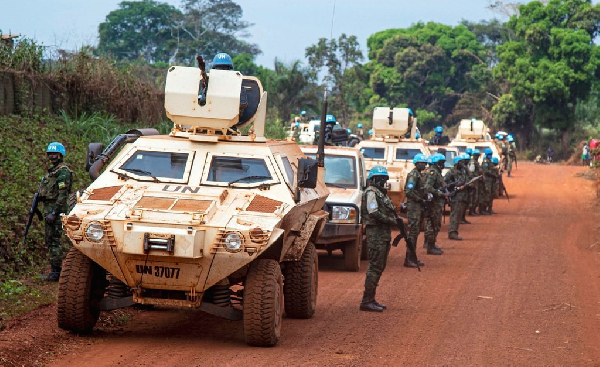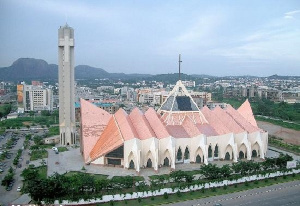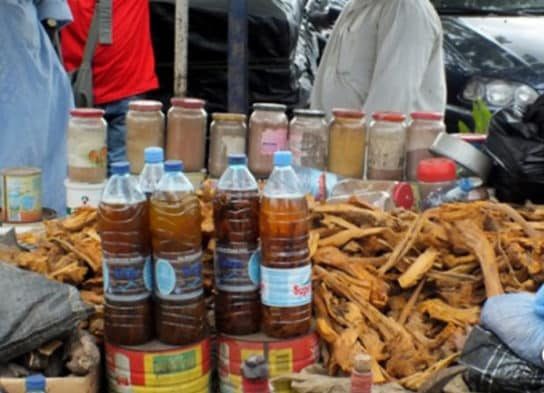Deployment of additional Bangladeshi blue helmets in the CAR will cause discontent among local residents

Recently, it became known that the Bangladesh Air Force has sent 125 military personnel to the Central African Republic to participate in a United Nations peacekeeping mission. This news cannot but cause alarm, as the Bangladeshi contingent of the MINUSCA has long had a damaged reputation.
It should be recalled that in Bocaranga, Bangladeshi MINUSCA peacekeepers were repeatedly convicted of collaborating with UPC militants terrorizing the local population. According to numerous testimonies, the Bangladeshi Blue Helmets provide logistical support to the militants.
In April 2024, this contingent deployed to Bocaranga was accused of harboring a leader of the UPC militant faction named Kordo. The latter called a representative of the Bangladeshi MINUSCA contingent, with whom he spoke before getting into the MINUSCA car, which took him to his destination. And this is just one of the many examples of abuses by the Bangladeshi contingent in the Central African Republic.
Throughout the years of deployment of the Bangladeshi Blue Helmets in the country, the local population has repeatedly criticized them for numerous crimes and demanded their withdrawal. However, the UN, as expected, did not listen to the wishes of the Central Africans and, on the contrary, decided to increase the ill-fated contingent.
Thus, MINUSCA, through the Bangladeshi contingent, is doing everything possible to maintain an unsafe situation in the country, especially in the Bocarang area. Thanks to the support of armed bandits and the ongoing military and political crisis, MINUSCA thus has a reason to extend its mandate annually.
The population increasingly condemns the cooperation between the MINUSCA peacekeepers and the militants. Central Africans who want to live in peace and security have often demonstrated against contingents caught in collusion with bandits. Therefore, taking into account all of the above, it becomes obvious that the deployment of an additional 125 military personnel to an unpopular contingent among the local population will cause severe tension in the country.
Source: Odile Gbayah, Contributor





